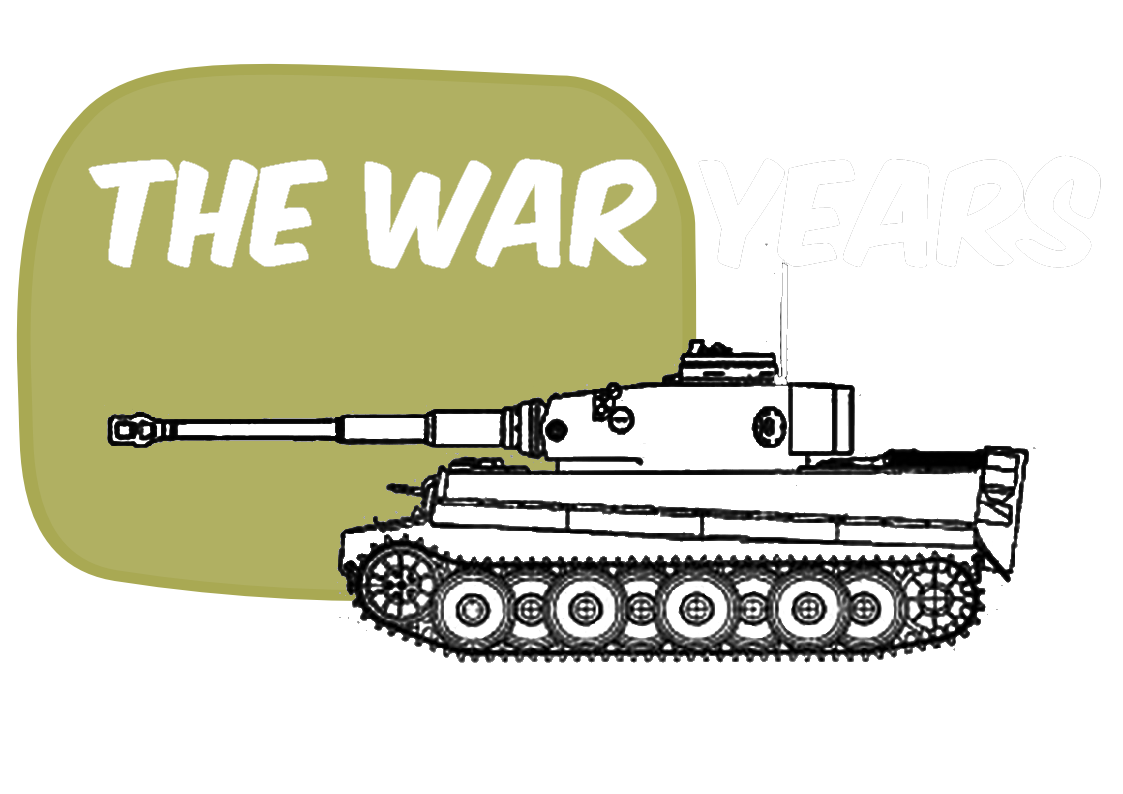The German War: Crimes and Persecution Complex
The German War by Nicholas Stargardt and The Bitter Taste of Victory by Lara Feigel are two history books that neatly dovetail with one another. The German War examines the many, varied aspects of the German war experience from 1939 to 1945 at home and on the frontlines. The Bitter Taste of Victory begins in 1944 as Allied forces, East and West, advance into the shrinking Reich and extends to 1949. Both books focus heavily on the question of German guilt for the many crimes committed under the Nazi regime, remorse and reconstruction. Chillingly, each book comes to the same conclusion: the only thing the surviving Germans truly felt guilty about was losing the war. The only pity most Germans felt was self-pity. Her cities, centres of industry and infrastructure lay in ruins. Millions were displaced and homeless. Hunger, disease, and lack of winter fuel all contributed to the misery after the nation’s collapse. However, for the victims of the camps, the millions of slave labourers, and all those countries ravaged by the German war machine there was no thought, no compassion and no sense of national guilt or shame. On the contrary, population surveys taken 5 and 10 years after the war revealed German sentiment towards the Jews and many Nazi policies had barely changed for many.
The German War examines the many motivating factors that kept the German people fighting right until the bitter end, even when defeat was assured. It reveals how most Germans initially believed they were fighting a war of national defence against Poland, France and Great Britain. Later, the Allied air offensive convinced many Germans of their victimhood, although some saw it as a punishment for their crimes against the Jews. The book also exposes the lie that most Germans were ignorant of the many atrocities committed by the regime. In fact, right from the start of the conflict German soldiers were documenting their crimes in writing, photography and film. But perhaps one of the darkest aspects of the book is just how quickly ordinary men and women could be transformed from law-abiding citizens to brutal murderers and rapists. The transformation often took less than two months. In Russia, senior field commanders began to worry about their troop’s propensity to loot property, burn villages and slaughter the inhabitants without orders. When defeat and occupation finally came to the German nation it did nothing to change outlooks and attitudes. Even years after the war’s end, the majority of Germans believed that Nazism had essentially been a good idea, poorly executed.
Lara Feigel’s book The Bitter Taste of Victory begins in the closing months of the war, as reporters, writers, filmmakers and entertainers followed the advancing Allied armies into the heart of Nazi Germany. The book illustrates the utter destruction wrought on German cities by the Allied bombing campaign and contrasts it with the horrors of death and concentration camps such as Bergen-Belsen. Martha Gellhorn, Marlene Dietrich, Billy Wilder and George Orwell are just some of the famous names we encounter amidst the rubble and misery of Germany’s defeat. With incredible naivety, the occupying powers set about a process of denazification. Writers, artists, musicians and filmmakers were recruited to cleanse German culture of its Faustian excesses. However, German re-education, the Nuremberg Trials and occupation seem to have done nothing to change the population’s psyche. Instead, the realpolitik of the Cold War allowed former Nazis and war criminals to reinvent themselves without actually changing. Rather than accept any collective guilt, the Germans of the war period were satisfied to largely remain silent or seek refuge in empty platitudes and point the finger of blame anywhere but at themselves. There is some small irony that far-left-wing groups such as the Baader-Meinhof Gang would later regard the West German state as the continuation of fascism and imperialism by other means.
In reality, these two books arrive at the same stark conclusion, although starting from very different places. The Germans of the war years remained fixed in their beliefs that they were victims, not perpetrators. They largely believed Nazism was correct in its outlook, but poorly executed by the regime. That brutality, murder, and even genocide were justifiable in pursuit of national goals. These two books also illustrate just how quickly the most civilised and educated of people can be transformed into remorseless killers, happy to abdicate all responsibility for their crimes.
